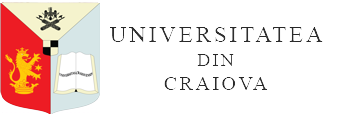BIOLOGY AND BEHAVIOR OF DROSOPHILA SUZUKII: THE KEY TO EFFICIENT HABITAT MANAGEMENT IN AGRICULTURAL CROPS
DOI:
https://doi.org/10.52846/aamc.v53i1.1485Abstract
Drosophila suzukii has become a species of significant concern for agricultural crops worldwide. This insect is particularly worrisome for farmers due to its short life cycle, enabling rapid and prolific reproduction, resulting in substantial damage to fruit and vegetable crops.
In this context, this article focuses on examining the biology and behavior of Drosophila suzukii, providing an in-depth understanding of these crucial aspects for efficient habitat management in agricultural crops. Recent research has shed light on the species' life cycle, highlighting it as a short one with a high reproductive rate. This means that the species has the potential to cause significant crop damage if not properly managed.
Furthermore, the feeding preferences of Drosophila suzukii are a key factor in its behavior. This species tends to target ripe fruits, with a particular preference for soft-fleshed varieties, posing a major challenge in fruit cultivation. Understanding this aspect is essential for developing crop protection strategies.
The article also addresses how this knowledge of the biology and behavior of Drosophila suzukii can be integrated into habitat management strategies in agricultural crops. Biological control agents and environmental modification techniques are becoming increasingly important in the fight against this pest.


